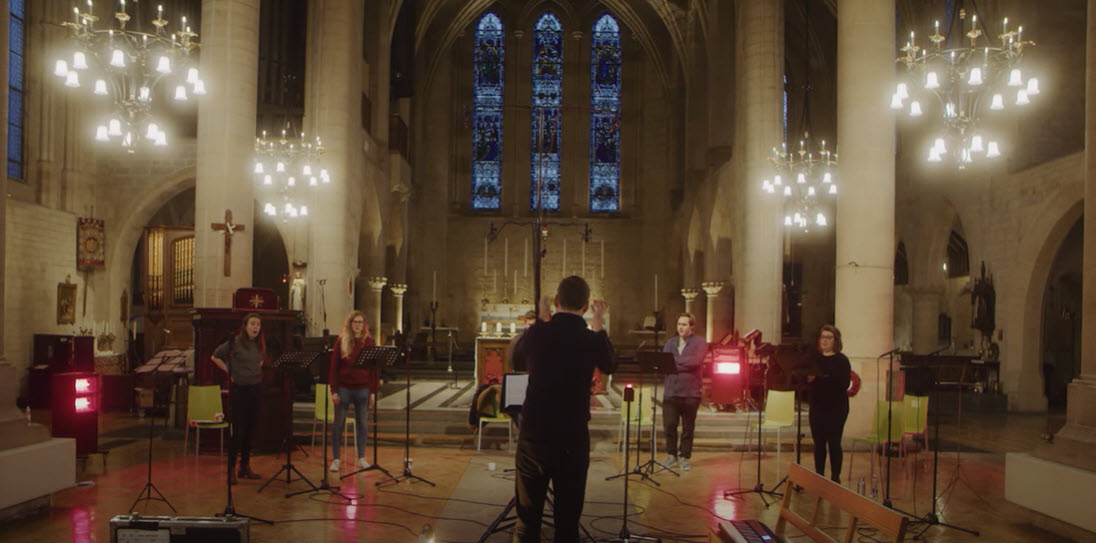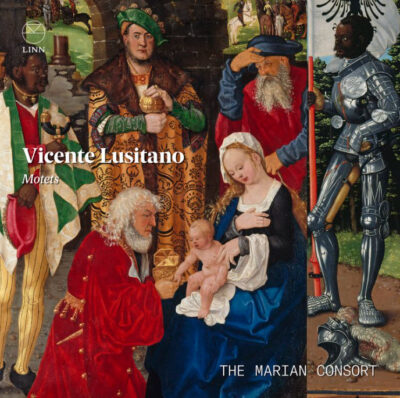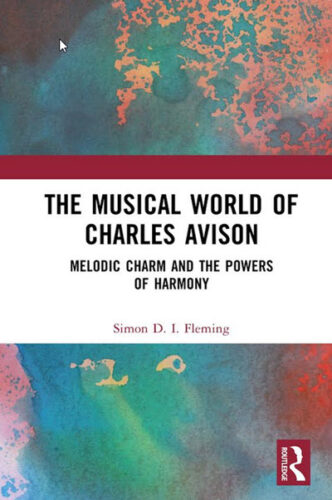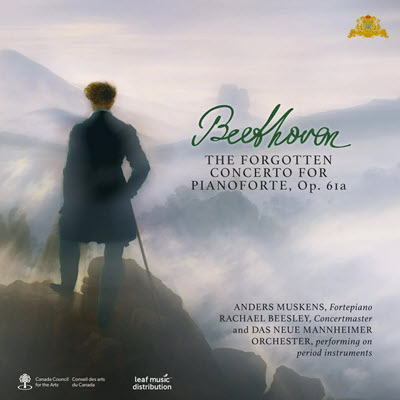by Karen M. Cook
Published January 2, 2023
Vicente Lusitano: Motets. The Marian Consort, led by Rory McCeery. Linn Records CKD694

Vicente Lusitano is currently experiencing a bit of a resurgence, in both the public and scholarly eye. He has long been known to those interested in the intricacies of Renaissance music theory; until recently, his reputation rested largely on winning a 1551 debate against fellow theorist Nicola Vicentino. Aside from that biographical detail, though, we know precious little about him.

Lusitano was born in Olivença, then part of Portugal, and in fact his surname simply means “Portuguese.” Around the time of the debate, Lusitano was music tutor to Dinis, son of Dom Afonso de Lencastre, the Portuguese ambassador to the Holy See. He dedicated his one book of motets, Liber primus epigramatum, to Dinis and published a treatise in 1553. But by 1561 he had converted to Protestantism and sought a new position in Stuttgart.
He didn’t get the job, however, at which point he disappears from the historical record. Whatever else we know of him stems from much later sources. In particular, a mid-17th-century manuscript by João Franco Barreto shares that Lusitano was a “pardo”—a person of mixed European and African ancestry.
A number of scholars thus now put forth Lusitano as the first published European composer of African heritage, a sentiment The Marian Consort follows on this new album. It is important to note that this information has not been otherwise corroborated, although given that Portugal was home to numerous people of African descent and that Lusitano’s home town of Olivença had close ties to the north African port town of Ceuta, it is certainly plausible.
Whether due to his heritage or other factors as yet unknown, Lusitano and his music have not exactly been part of the musical mainstream. His chromatically adventurous motet Heu me, Dominum tends to be brought up either in conjunction with his infamous debate or as some kind of foreshadowing of later chromatic adventures by Lasso or Gesualdo.
Thanks to the skill and precision of The Marian Consort here, his other works are now revealed to be real hidden gems. The ensemble has chosen 10 motets showcasing the breadth and depth of Lusitano’s output. Heu me is included, of course, but the other nine works are almost certain to be new even to specialists in 16th-century music.
The album is bookended by two works notable for their relationships to Josquin’s works by the same name. Lusitano’s Praeter rerum seriem and his massive Inviolata, integra et casta es use the same plainchant, overall structure, and even changes in mensuration as did Josquin, but he expands Josquin’s forces to eight voices and relies more heavily on crunchy dissonances. Lusitano also pays homage to Josquin in his lush setting of the Salve regina, which repeats motives from Josquin’s setting across all its voices. In these works, and the rest of the album, elements of Lusitano’s personal style shine through; we hear, for example, his demanding inner voices, dense harmonies, and exciting approach to chromaticism on Emendemus in melius, which features the most stunning medial cadence of the recording.
Those delicious crunchy clashes also appear in his Salve Regina and Sancta Maria, the final cadence of which is enchanting. The ensemble leads the listener through Lusitano’s variety of styles, from the joyful, golden Regina Caeli to the somber Aspice Domine, showing off their lower voices in Ave spes nostra, and letting the ensemble loose on the stunningly rich concluding “Amen” of Sancta mater, istud agas.
The album feels like a veritable aural smorgasbord, a winning combination of excellent musicianship and remarkable works. The Marian Consort is to be lauded for helping bring this gorgeous repertory to light, and we can but hope that they choose to revisit the rest of Lusitano’s works—I for one am excited to see what lies in store.
Karen M. Cook specializes in the music, theory, and notation of the late medieval and early Renaissance periods. She is associate professor of music history at the University of Hartford in Connecticut.




